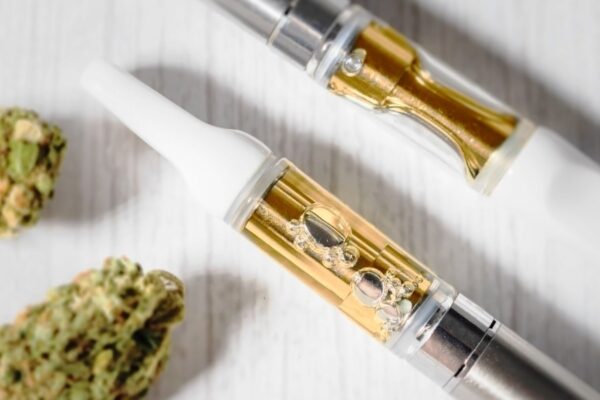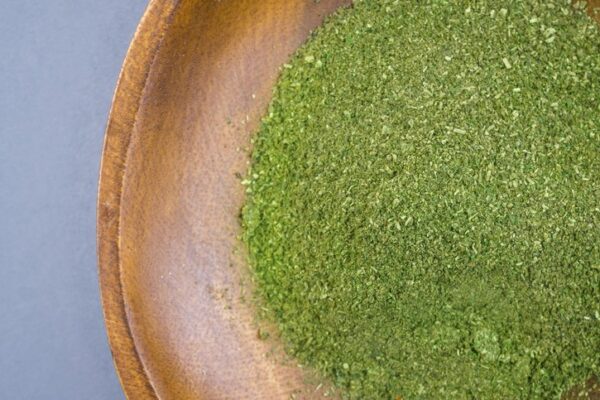There are various products on the market that claim to promote healthy hair. The list is endless, ranging from custom-made shampoos and serums to multivitamins and minerals. Probiotics, one of the most recent additions to this list, may surprise you. Let’s define probiotics and how they relate to healthy hair.
To begin, exactly what are probiotics? Probiotics are live bacteria or yeast that can be found in supplements and a range of foods. By balancing the good and harmful bacteria in your stomach, these microorganisms keep your digestive system healthy. The link between gut health and other elements of the body, including hair health, is becoming more clear as probiotic research advances.
While many studies are conducted on animals, an increasing number of studies are linking probiotic use to microbial reinfection prevention, gastrointestinal comfort, and improved immune function. These findings on probiotics’ immune system benefits lend validity to their impact on hair health. How so? The condition of the skin and hair follicles has long been linked to the functioning of the immune system. Furthermore, specialists believe probiotics have an influence on hair development since they may aid in the battle against inflammation, stress reduction, and hormone regulation.
According to numerous research findings, several forms of probiotics may improve overall hair health. The first is Lactobacillus acidophilus. Lactobacillus acidophilus is a type of lactic acid bacteria that is common in probiotics. These “good” bacteria are in charge of glucose breakdown and bacterial growth. Lactobacillus acidophilus is naturally found in yogurt and many other fermented foods, making it easy to incorporate.
Another common probiotic is Bifidobacterium animalis. This strain has been shown to aid digestion and large intestine function. It may also benefit hair health by preventing yeast infections, which can lead to hair loss and dandruff. It is present in dairy products and supplements. Learn how to reduce hair loss in this article by Two Herbs, a leading herbal hair loss treatment brand in Singapore. This can help determine the appropriate dosage and whether there are any potential adverse effects due to immune system abnormalities.
You could replace probiotic supplements with fermented items in your diet. These naturally occurring probiotics usually contain short-chain fatty acids and can aid in immune system improvement. Probiotic-rich foods include miso, pickles, kimchi, tempeh, buttermilk, sauerkraut, and, of course, yogurt. You can also maximize their potential benefits by combining them with prebiotic-rich foods like soy, garlic, wheat, asparagus, and onions. This form of pairing aids in the survival and growth of probiotics in the stomach.
For additional information on the benefits of probiotics and their relationship to hair health, please see the following infographic.





